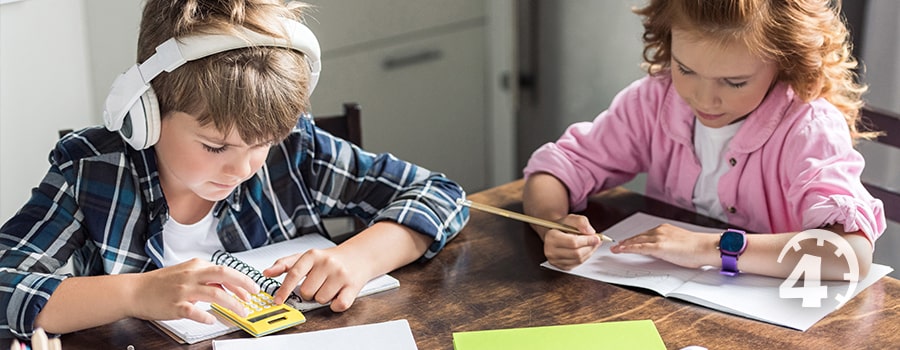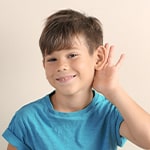Different Learning Styles

The idea of different learning styles started to gain popularity in the mid-70’s and since then, the notion has influenced the way education
and learning is perceived. Just like there are different teaching methods, many individuals also believe there are different ways to learn and understand new information.
Despite criticism, many people started looking into the different ways of learning and assessing their own student’s preferred learning method.
Many parents of struggling students who are looking into homeschooling as an educational alternative for the first time, usually start out by learning
more about the types of learning styles and how children learn best.
Jump to the sections below to understand a bit more about the different types of learners:
How do Children Learn?
Every child has different learning preferences. Among the different ways of learning, some prefer to learn by hearing, some by seeing, others by doing, some by reading and others by asking questions. One thing all students have in common is that they all learn best when they can incorporate items and topics that interest them into their studies, for example, building blocks, music, fashion, airplanes, etc. While there are different learning styles, your student will likely favor several styles and not just one. However, you may be able to see patterns in their learning preferences. For example, a student who is a visual learner may also be a very social and verbal learner who prefers to learn especially difficult topics using their primary skills. Understanding how your student learns is perhaps one of the most important parts of homeschooling your child. Learning styles allow your child to get the most from their homeschool experience, and helps parents choose the best curriculum for their children.
What Are the Different Learning Styles?
There are currently seven learning styles:
What Are the Different Learning Styles?





